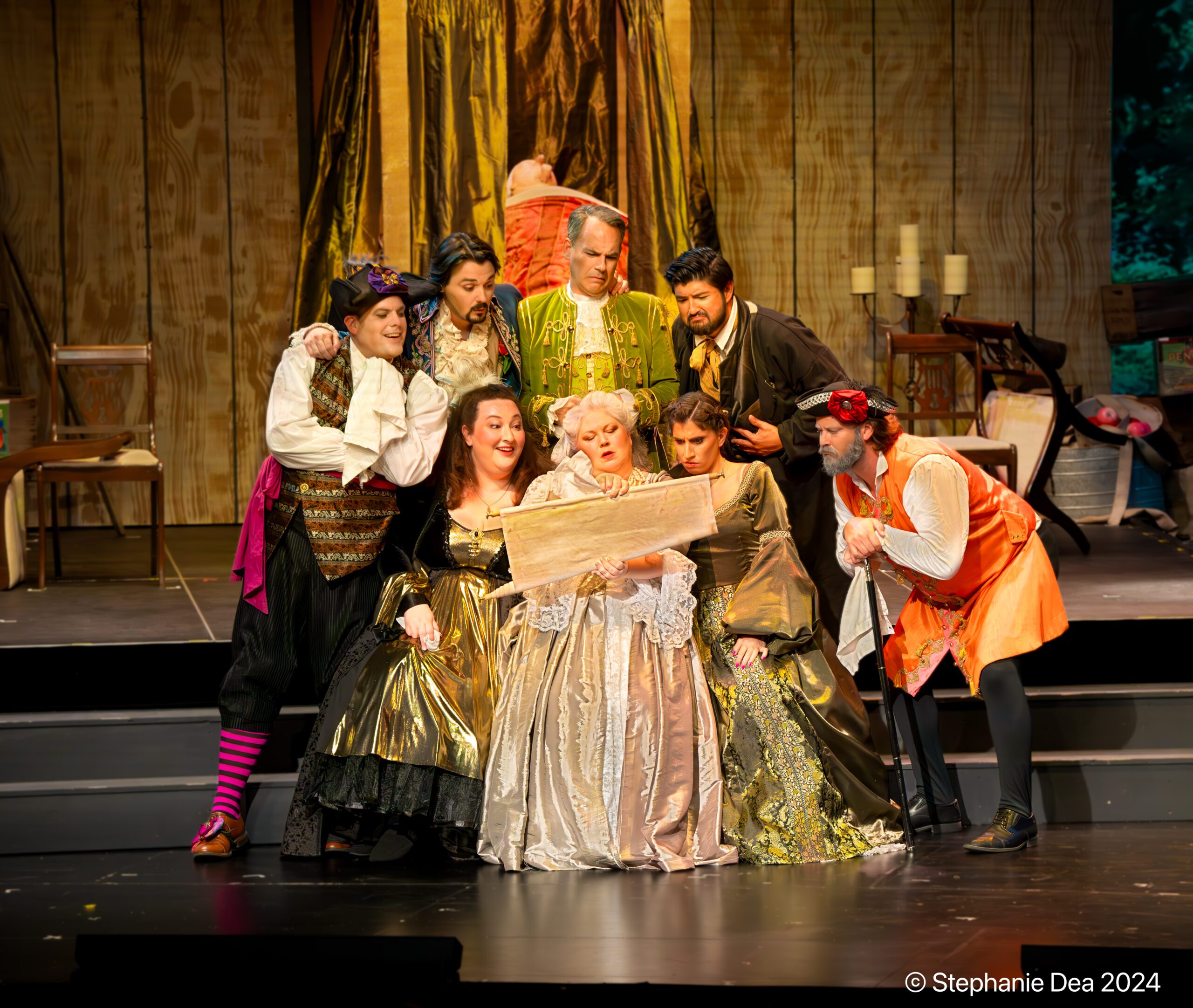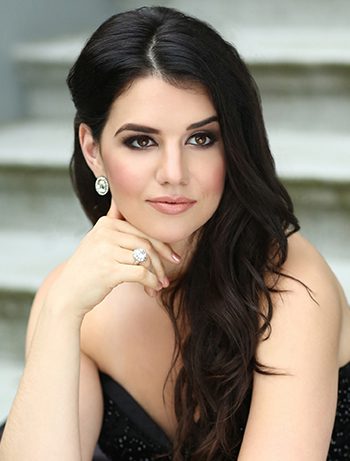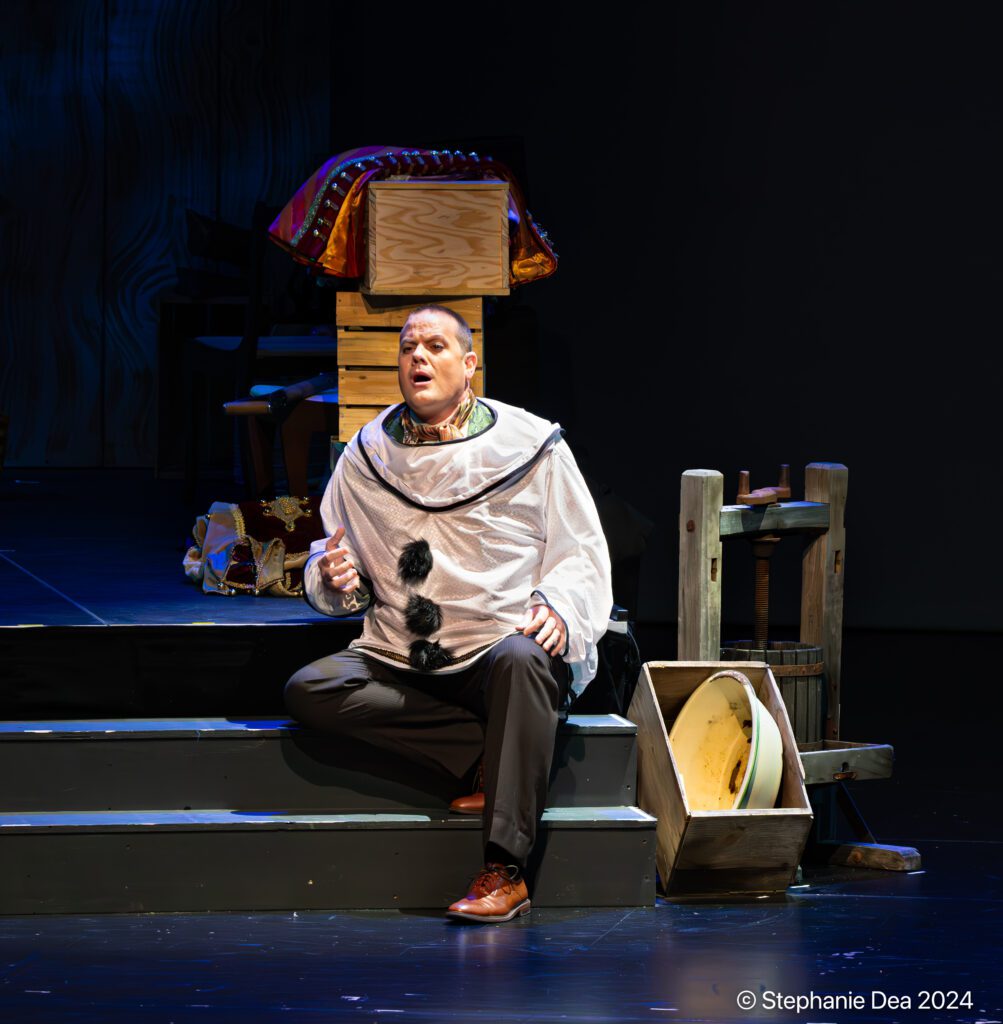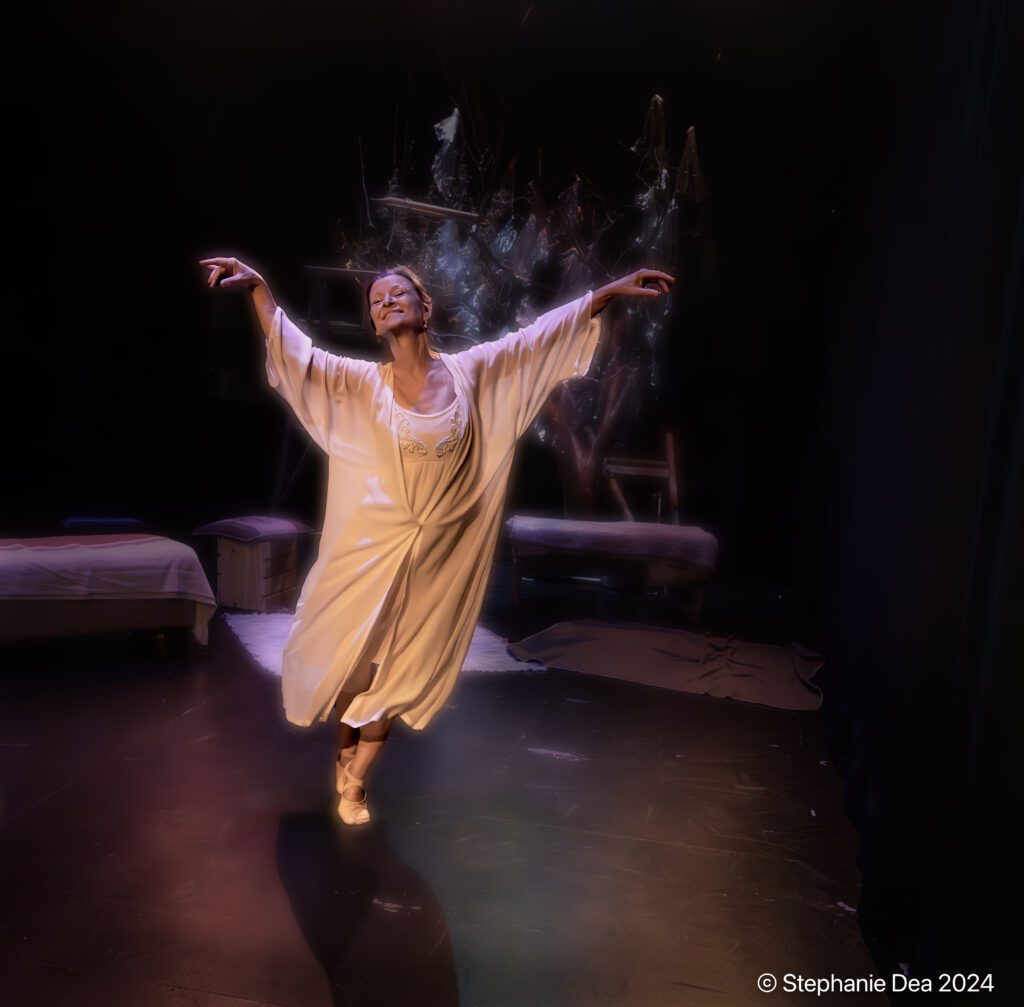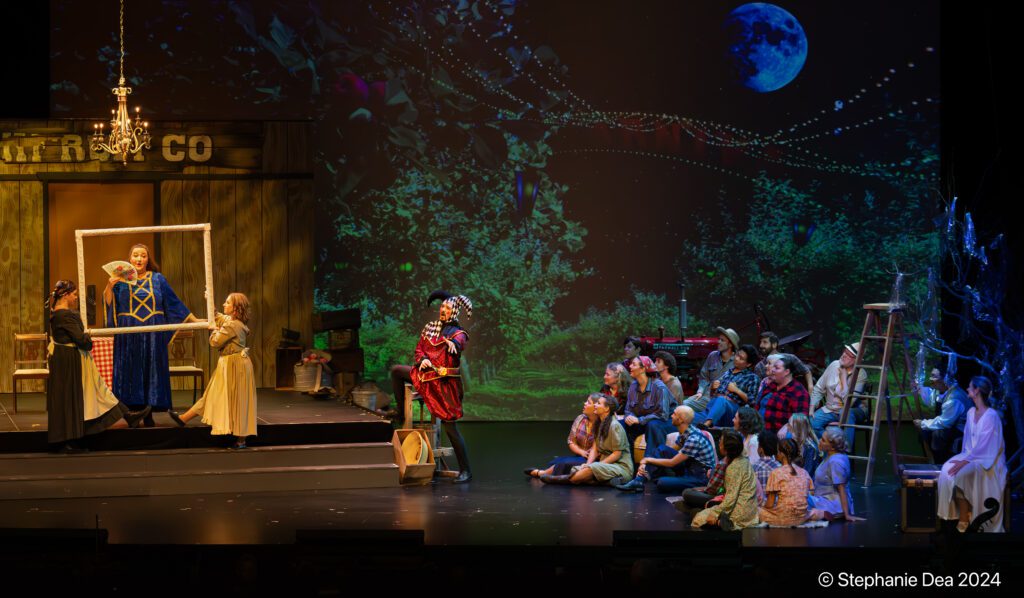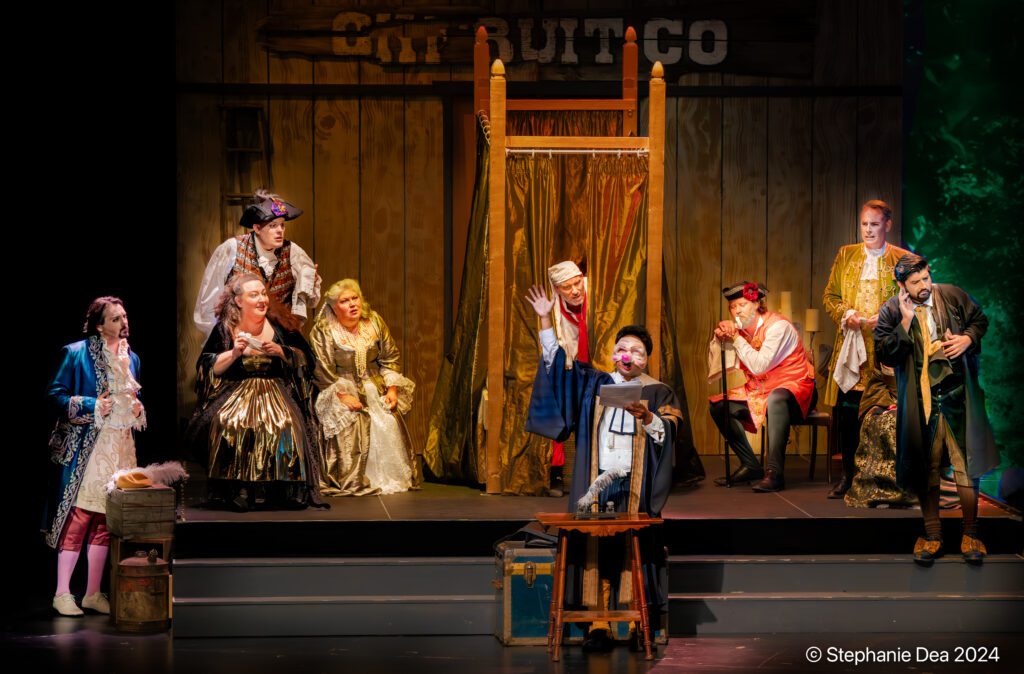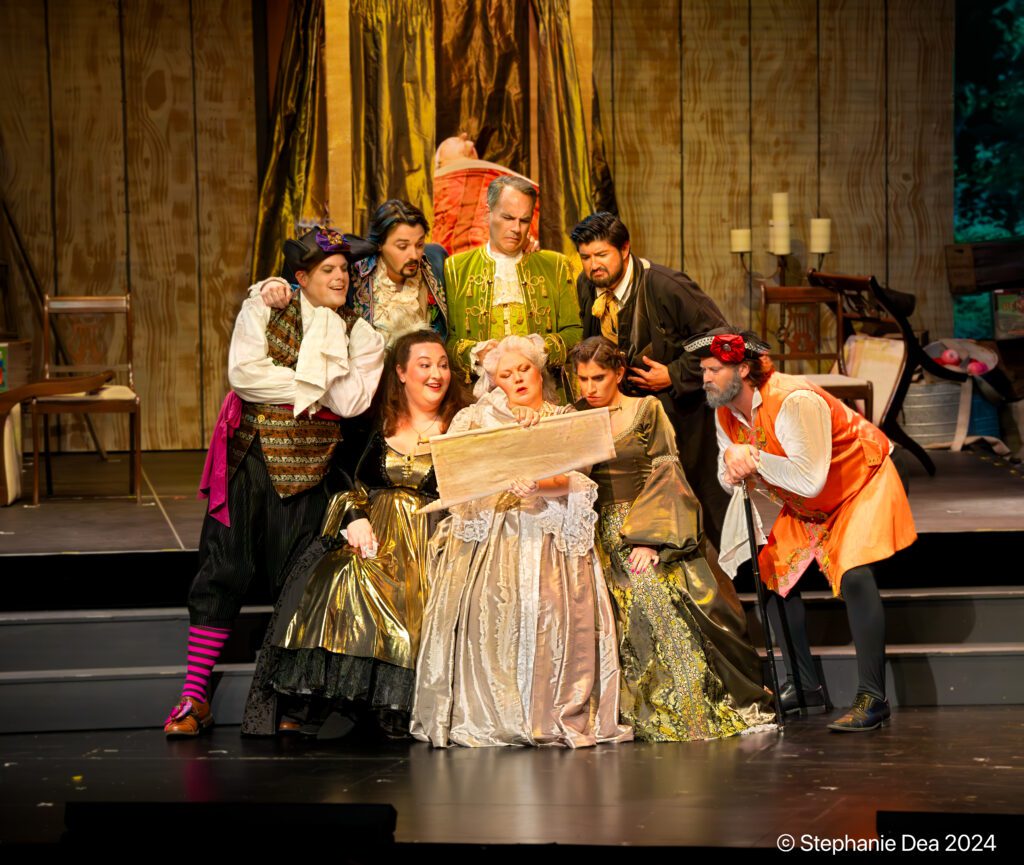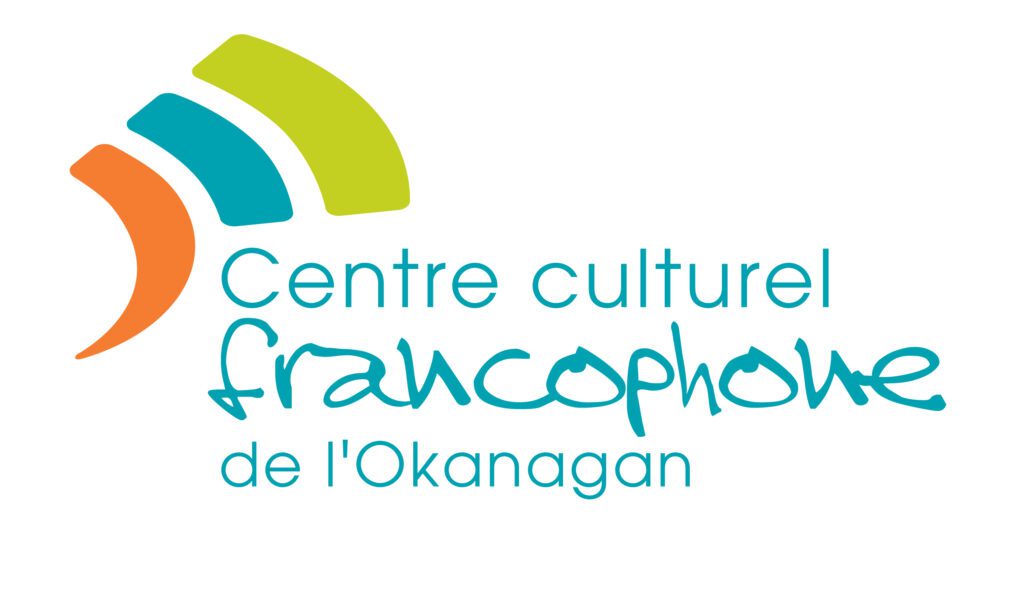Double the drama; double the delight!
Music by Ruggero Leoncavallo | Giacomo Puccini
Pagliacci (Clowns) offers a tale of art imitating life, and vice-versa, for a troupe of traveling players. Nedda, her husband Canio, and their fellow actors Beppe and Tonio, arrive at a new town, and they explain the show that they will be performing that night: “the troubles of Pagliacco.” The troupe then joins villagers for a drink before the performance, at which Canio reveals that while he plays the clown on stage, in real life he is quickly enraged about the attention his wife receives from other men. Nedda is frightened by Canio’s dark revelation, but later agrees tentatively to elope with Silvio, who is her secret lover. Canio learns of Nedda’s deception, and later that evening, while in character on stage, he acts out his shame, and rage, demanding to know the name of his wife’s love. Their play ends in violence, both onstage and off, with Canio declaring “La commedia è finita!!” – “The comedy is finished!”
Gianni Schicchi is the scheming title character who plots to gain revenge, riches, and happiness through one extraordinary con. The story begins when the rich Donati family learns that their recently deceased patriarch, Buoso Donati, has left all his wealth to a monastery, much to their dismay. Rinuccio, his nephew, had hoped that his inheritance would enable him to marry his sweetheart, Lauretta, even though she and her father, Gianni Schicchi, are newcomers to Florence and not accepted by the elitist Donati family.
Although initially shunned by the snobby old family, Gianni Schicchi gives in to Rinuccio’s pleas to help the Donati family, and agrees to meddle with the will by impersonating Buoso. And then the hijinks begin!
About the Music
Both Pagliacci and Gianni Schicchi were composed around the turn of the 20th century, and the music is entirely integrated into the heart of the story-telling. This era of operas is known as “Verismo,” where composers were choosing to tell stories about every day people, instead of royalty or Gods. Leoncavallo wrote many other operas but the popularity of his music for Pagliacci eclipsed all of his other works and it remains today as one of the most performed operas around the world. In Pagliacci, you may well recognize the famous aria “Vesti lia giubba” (“put on the costume”), in which Canio sobs out his anguish while donning the makeup of a smiling clown. This is the most famous example of how this opera renders the raw emotions of the characters directly into music, and you will hear jealousy, rage, desire, betrayal, and fear in music of both the singers and the instrumentalists.
And while Puccini might be better known as the composer of tragedies like La Bohème, Madama Butterfly, and Tosca, his musical signature is unmistakeable in one of his only comedic works, Gianni Schicchi. Lush romantic melody and lyricism are punctuated with the dissonance and rapid fire delivery that remind us that Puccini is an inventive 20th-century composer, and one with great comedic timing in both characterization and score. Gianni Schicchi shows off Puccini’s brilliance at writing for ensemble singing, a feature unique to opera that allows all of the characters to share their individual thoughts all at once. Key elements of the story are marked by recurring musical motifs, such as the theme that introduces the love of Rinuccio and Lauretta. This musical statement is developed fully in the most famous aria of the opera, Lauretta’s plea to her father to help her marry Rinuccio, in “O mio babbino caro” (“Oh my dear daddy”).
What to expect in this production
Opera Kelowna’s production brings these two operas together in a setting that imagines a traveling troupe of players has come to Kelowna in the early 1930s, to provide entertainment and cultural connection to the Italian immigrants who now make their home in rural western Canada.
Over the course of one evening, therefore, both this imagined group of newcomers and our audiences in 2024 are taken on a journey to both deep despair and the heights of hilarity through these two works, both of which draw on the traditions of Italian commedia dell’arte theatre. You will see our actors play the roles of traveling actors who then take on both tragic and comic roles in the two acts of the evening.
Sung in Italian, with projected English translations
Performed with live orchestral ensemble

